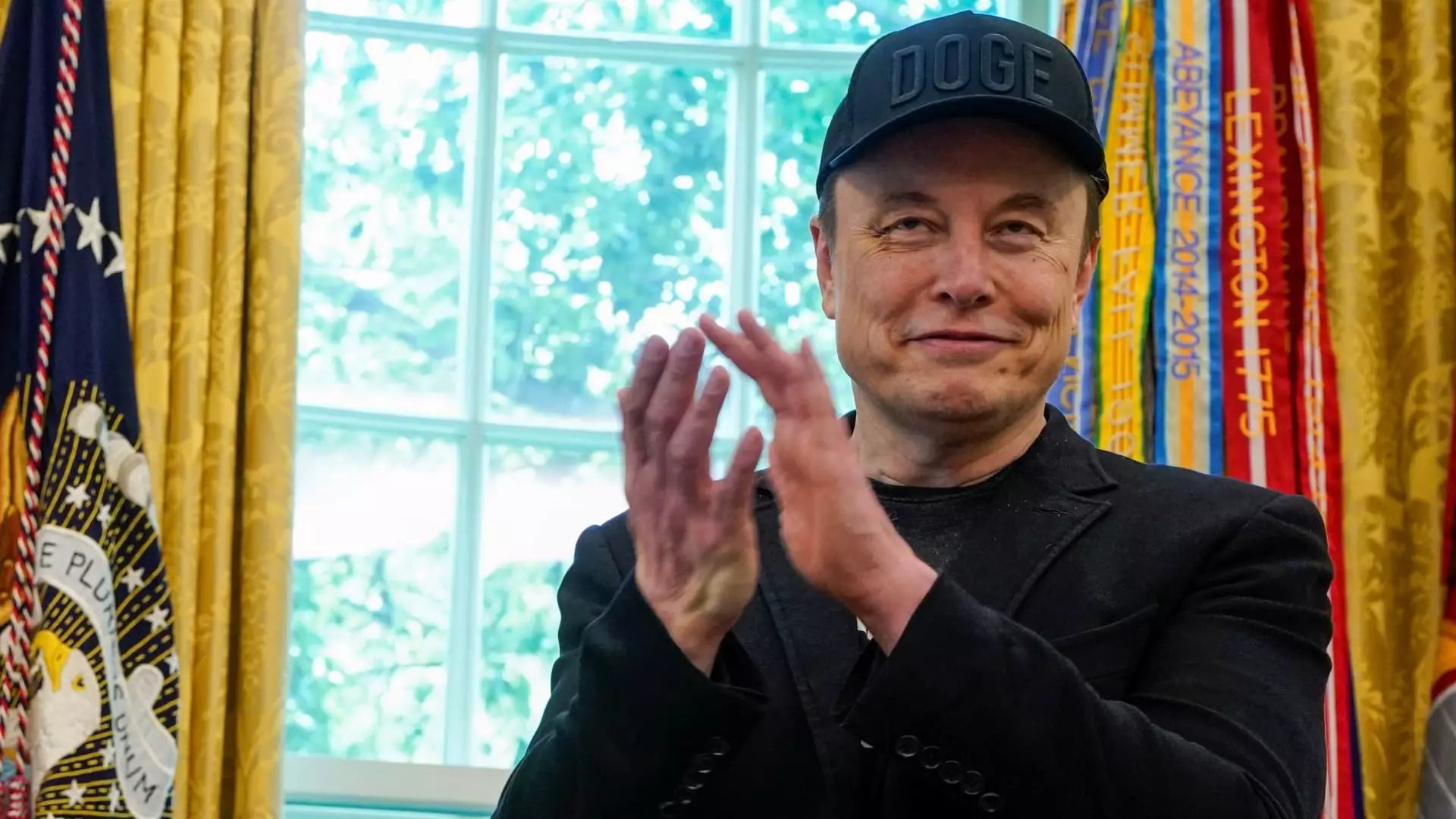Elon Musk’s announcement of forming the so-called “America Party” appears as a bold move, but it’s riddled with contradictions and risks that threaten to deepen division rather than repair it. While Musk claims that this new political entity will restore “your freedom,” the reality is that it might just serve as a disruptive force that undermines the delicate balance of our current democratic process. The idea of wielding influence over just a handful of legislative seats—and using those as leverage—is fundamentally flawed. It assumes that power can be neatly segmented and wielded with precision, neglecting the complex, often chaotic reality of American political life. Historically, third parties have struggled to gain footing, often siphoning votes from more established contenders, which can distort electoral outcomes and fracture voter allegiances further.
The Illusion of Control and the Peril of Self-Interest
Musk’s proposal to target so few seats, aiming to act as a “deciding vote,” reeks of hubris. It dangerously simplifies the legislative process, ignoring the broader implications of fostering political fragmentation. Instead of uniting Americans under meaningful policy platforms, this move risks turning Congress into a puppet show, where a handful of influencers determine national legislation. What Musk seems to overlook is that true leadership requires more than strategic votes; it demands a commitment to governing responsibly and addressing the genuine needs of the populace. His history of political donations—mainly to Trump—raises questions about whether his motivations are rooted in ideological conviction or a desire for personal influence. Establishing a new party seems more like a power play than a genuine effort to serve the public good, especially with no clarity on how it will operate beyond symbolic gestures.
The Power of Influence or the Fetishization of Disruption?
There’s a fine line between challenging the status quo and recklessly undermining it. Musk’s flirtation with the idea of a third party could appeal to frustrated voters tired of the partisan deadlock, but it also risks becoming a vehicle for the powerful to manipulate political outcomes for their own gain. The fact that Musk remains a major donor, especially to Republican candidates, complicates his newfound advocacy for “independent” action. It reveals a pattern of aligning with the side that benefits his interests, rather than pursuing a genuinely balanced approach. His recent feud with Trump signals this shift—highlighting that Musk’s political moves are often driven by personal vendettas or strategic positioning rather than principles. Instead of offering Americans a meaningful choice, his meddling could further disillusion voters and deepen polarization, stripping away trust in the democratic process.
Questioning the Real Impact of Musk’s Political Theater
In pushing for a new party that operates in a gray area—caucusing independently while negotiating with both sides—Musk might be attempting to capitalize on uncertainty. However, such a strategy risks reinforcing the idea that political power is a game of influence rather than service. It exposes a troubling tendency among elites to manipulate political systems for personal or corporate advantage, often at the expense of genuine democratic reform. Ultimately, Musk’s gambit reflects a deeper flaw in our political ecosystem: the allure of disrupting without truly improving. Instead of fostering unity and responsible governance, this latest stunt might serve as a distraction, fueling cynicism among voters and further eroding the integrity of American politics.



Leave a Reply